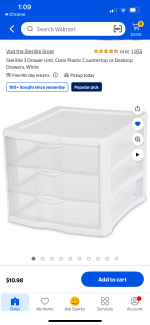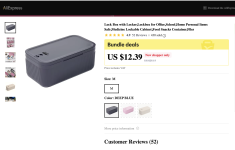I am not sure where the interpretation of those two papers comes from but I have read both and I would not agree.
Lehmann -
Refrigeration (5°C) significantly improved bactericidal activity across all four products. Kill rates were faster and more complete, with no regrowth detected, even for challenging organisms. For the benzyl alcohol-preserved cyanocobalamin, refrigeration reduced viable counts by >99.9% within 24 hours for most inocula, compared to partial survival at room temperature.
Longfield -
Refrigeration dramatically reduced persistence: viable counts dropped to undetectable levels within 24–72 hours in most cases, with no regrowth observed over the full 28-day period. The cold temperature synergized with the preservative, enhancing bactericidal effects.
• The study also reviewed prior outbreaks linked to MDVs, noting that many involved room-temperature storage post-opening, leading to transmission (e.g., Serratia sepsis from contaminated anesthetics).


